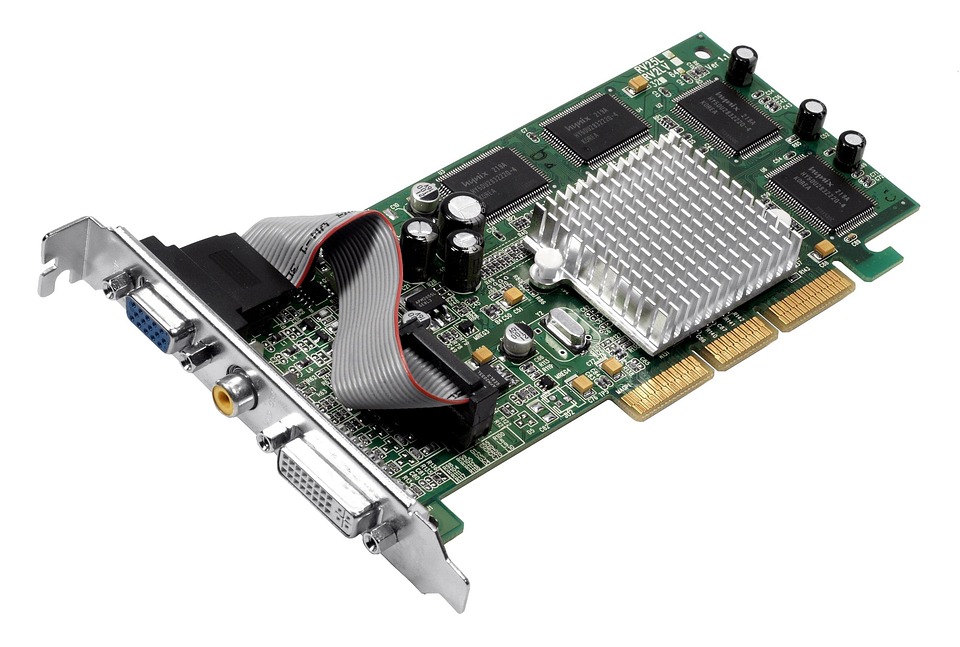As the world becomes increasingly aware of climate change and its effects, various industries are seeking ways to reduce their carbon footprints. One of the areas gaining attention is gaming. Traditionally, gaming PCs have been associated with high power consumption and significant energy use. However, a shift towards eco-friendly gaming represents a promising avenue for gamers who are environmentally conscious but reluctant to compromise on performance.
1. The Environmental Impact of Gaming
Gaming has evolved into a $200 billion industry, attracting millions of players worldwide. While gaming can serve as a source of entertainment and social interaction, it’s important to recognize its environmental implications.
Energy Consumption
High-performance gaming rigs generally consume significant amounts of electricity, impacting both personal energy bills and the environment. Graphics cards, CPUs, and cooling systems often lead to higher energy consumption than a standard PC or console. According to the Global Gaming Academy, a single gaming PC can use up to three times more energy than a typical desktop computer.
E-Waste
A rapidly growing concern in gaming is electronic waste (e-waste). With constant technological advancements, obsolete components and devices contribute to the growing volume of e-waste. Improper disposal of electronics can lead to hazardous materials leaching into the environment, causing soil and water pollution.
2. The Rise of Eco-Friendly Gaming PCs
As more gamers recognize their environmental impact, the demand for eco-friendly gaming PCs is rising. Manufacturers are beginning to respond to this need by developing systems designed to be both powerful and environmentally friendly. Here are some of the ways they are doing this:
Energy-Efficient Components
Modern gaming PCs can leverage more energy-efficient components to deliver high performance while consuming less power. The introduction of graphics cards and processors that use advanced manufacturing technologies helps reduce power consumption significantly. For instance, NVIDIA’s Ampere architecture offers improved performance per watt, allowing gamers to enjoy high-quality graphics without the concomitant energy costs.
Sustainable Materials
Some manufacturers are moving towards the use of sustainable materials in their products. This can range from using recycled plastics for casings to opting for eco-friendly packaging. By minimizing the use of virgin materials, these companies contribute to reducing resource extraction and depletion.
Modular Designs
Modular designs allow gamers to replace individual components rather than the entire system. This practice not only extends the lifespan of gaming rigs but also significantly reduces e-waste. When users can simply upgrade their graphics card or RAM, the entire system doesn’t need to be discarded, resulting in less electronic waste.
Energy Management Software
Various gaming PCs now come equipped with energy management software, allowing users to monitor and control their energy consumption. By optimizing power settings, gamers can reduce energy usage during less demanding tasks, striking a balance between performance and sustainability.
3. Tips for Eco-Friendly Gaming
While investing in eco-friendly gaming hardware is a significant step, individuals can also take proactive measures to lower their carbon footprints while enjoying their gaming hobby:
1. Optimize Settings
Adjusting in-game graphics settings can drastically reduce energy consumption. Lower resolutions, frame rates, and detail levels often require less processing power, making gaming more energy-efficient.
2. Embrace Digital Distribution
Ditch physical copies of games in favor of digital downloads. This not only minimizes packaging waste but also avoids the resource-intensive manufacturing processes associated with physical discs.
3. Recycle Your Old Gear
Properly recycling old gaming equipment reduces e-waste. Many manufacturers offer recycling programs or partner with organizations dedicated to responsible e-waste management.
4. Join a Eco-Conscious Gaming Community
Joining online communities dedicated to eco-friendly gaming can promote sustainable practices. Sharing tips and resources can inspire others to follow suit.
Conclusion
As the gaming industry evolves, the push for eco-friendly gaming PCs is becoming increasingly vital. By choosing energy-efficient components, sustainable materials, and adopting strategies that minimize energy consumption and waste, gamers can significantly lower their carbon footprints. The future of gaming doesn’t have to compromise on performance or enjoyment; instead, it can pave the way for a greener, more sustainable environment for gamers and the planet alike. емаль



